The investigations into wholesale and retail fuel prices could be a turning point into what drives the price of fuel on forecourts, and the start of greater transparency, predicts the AA, as it released its latest fuel price report.
It revealed that a 3.5ppl fall in the average pump price of petrol since mid April has signalled the end of the third big price swing in 12 months, but with Tuesday’s International Energy Agency warning that traders and speculators are taking control of the European fuel market, it is unlikely to be the last, says the AA.
It reports that the average price of petrol has fallen from 136.89ppl in mid April to 133.35pppl in May. Its highest point was 140ppl on March 4, having started the year at around 132ppl.
Diesel, on average, now costs 138.17p a litre, down from 141.76p a month ago. It also reached a high for the year on March 4 of almost 146.5p a litre, having started the year at around 140p.
The latest swing in petrol prices is the third 8p to10ppl ‘price shock’ in 12 months, says the AA, adding up to £5 to the cost of filling a typical fuel tank and raising a two-car family’s monthly petrol cost by as much as £21.23.
The first swing in March last year raised the UK average price to a record of 142.48p in mid April and, after falling back to 132p in July, the petrol price spiked again in October at 140.23p a litre.
The drop in pump prices follows a series of supermarket price reductions, led by competitive independent and other non-supermarket retailers, which have now reduced the cost of petrol to as low as 128ppl/129ppl on the east side of London.
However, the AA states that wholesale price movements indicate the fragility of the price falls as petrol costs have rebounded, fallen away again and then bounced back over the past three weeks. For the moment, the AA believes petrol pump prices are where they should be compared to the start of the year. But, with petrol in mid May 2010 averaging 121.5ppl and diesel 123ppl, it says the drain on family and business finances still remains critical.
The AA said it welcomed investigations on both sides of the Atlantic into pricing activities in the oil and road fuel wholesale markets, hoping that they will expose the level of contradiction between market speculation and the fundamentals of supply and demand.
Paul Watters, head of AA Public Affairs said: “These investigations are a significant development, perhaps a turning point, in getting to the bottom of what drives the price of fuel on UK forecourts. It could be the beginning of the greater transparency the AA has been demanding for years.
“Three times in the past 12 months, drivers have been hammered by £4-£5 hikes in the cost of a tank of petrol. It is clear that, if petrol and diesel wholesale price movements were transparent, families and businesses would have 10 to 14 days’ notice of the next price shock – and hopefully the reason for it.
“The IEA report suggests that fuel prices will be increasingly subjected to speculation on the part of those who look for inflated short-term profit rather than those players looking to strike a balance between fair profit and supply and demand – without destroying their consumer market, refining capacity and the UK economy.
“We have seen petrol consumption in the UK fall to record lows this year, 69% of AA members are cutting back on car use, other spending or both, and 86% of US drivers say they are using their cars less. The warning signs couldn’t be any clearer.”





















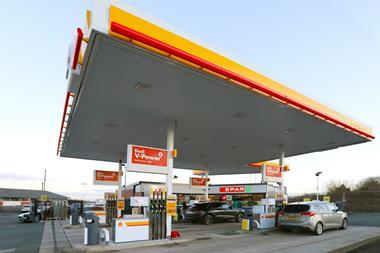
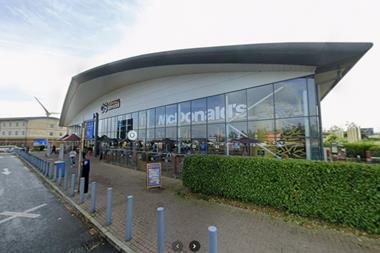
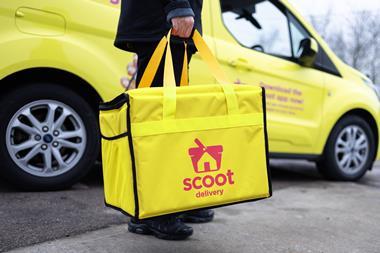
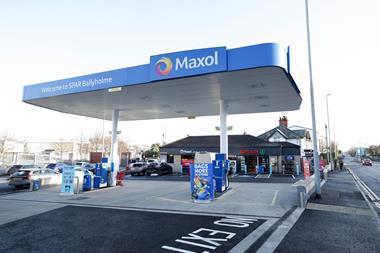





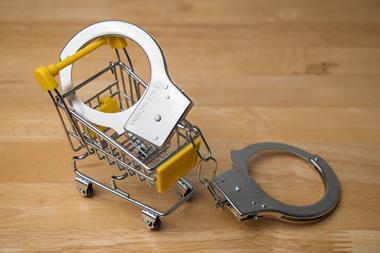
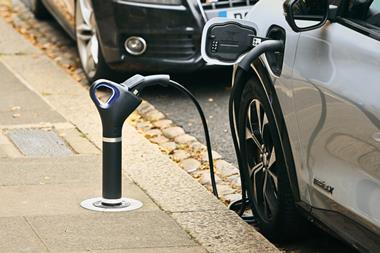
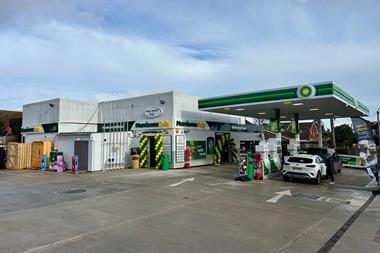
No comments yet